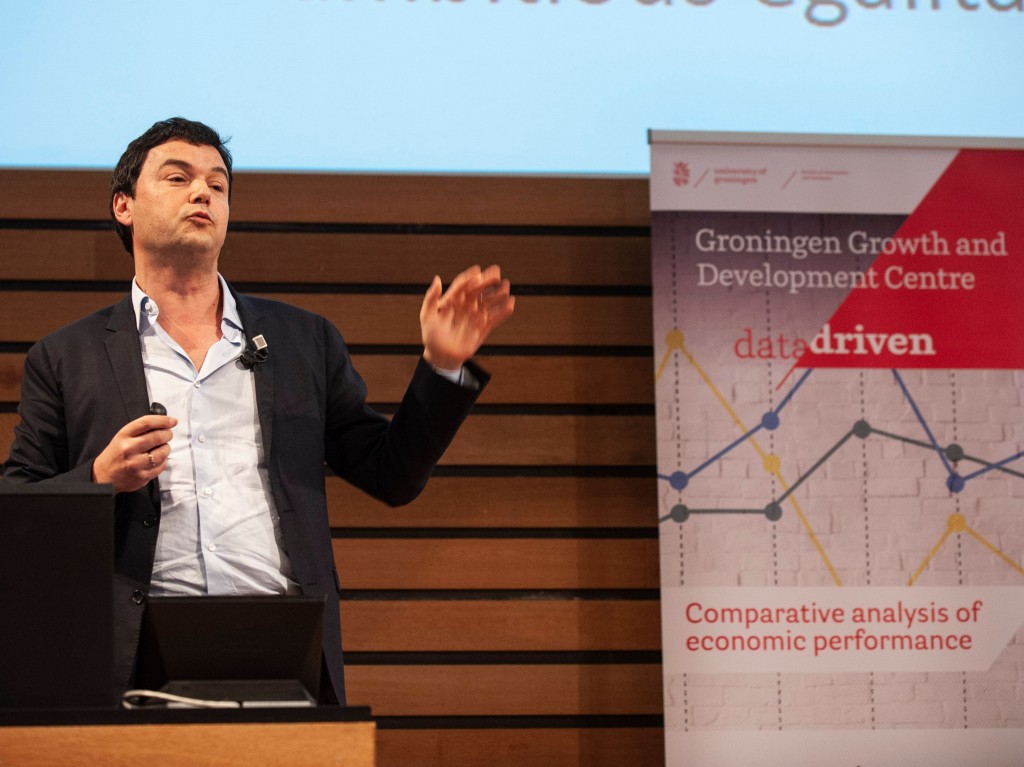Franska fræðatímaritið Journal des Économistes et des Études Humaines, sem De Gruyter-félagið gefur út, hefur sett á Netið ritgerð eftir rannsóknastjóra RNH, prófessor Hannes H. Gissurarson, um „Endurdreifingu í orði og verki“, þar sem hann gagnrýnir tvo helstu hugsuði vinstri stefnu á okkar dögum, heimspekinginn John Rawls og hagfræðinginn Thomas Piketty. Útdráttur úr ritgerðinni hljómar á þessa leið:
Rawls’ theory is about prudence rather than justice. It is about the kind of political structure on which rational people would agree if they were preparing for the worst. Other strategies, such as confining redistribution to upholding a safety net, might also be plausible. Rawls’ theory is Georgism in persons: the income from individual abilities is regarded as if it is at the disposal of the collective and could be taxed as rent. This goes against the strong moral intuition of self-ownership. However, Rawls’ question, where the worst off are as well off as they can be, is interesting. According to the Index of Economic Freedom, it actually may be under relatively unfettered capitalism. Unlike Rawls, Piketty is chiefly worried about the rich, seeking to impose confiscatory taxes on them. But the rich are not a fixed, unchangeable group of people who can effortlessly watch their capital accumulate. Capital is precarious, as is vividly illustrated in Balzac’s novel Père Goriot which Piketty quotes. Different as the approaches of Rawls and Piketty are, both of them agree that their ideal society has to be closed: It must become ‘socialism in one country.’
